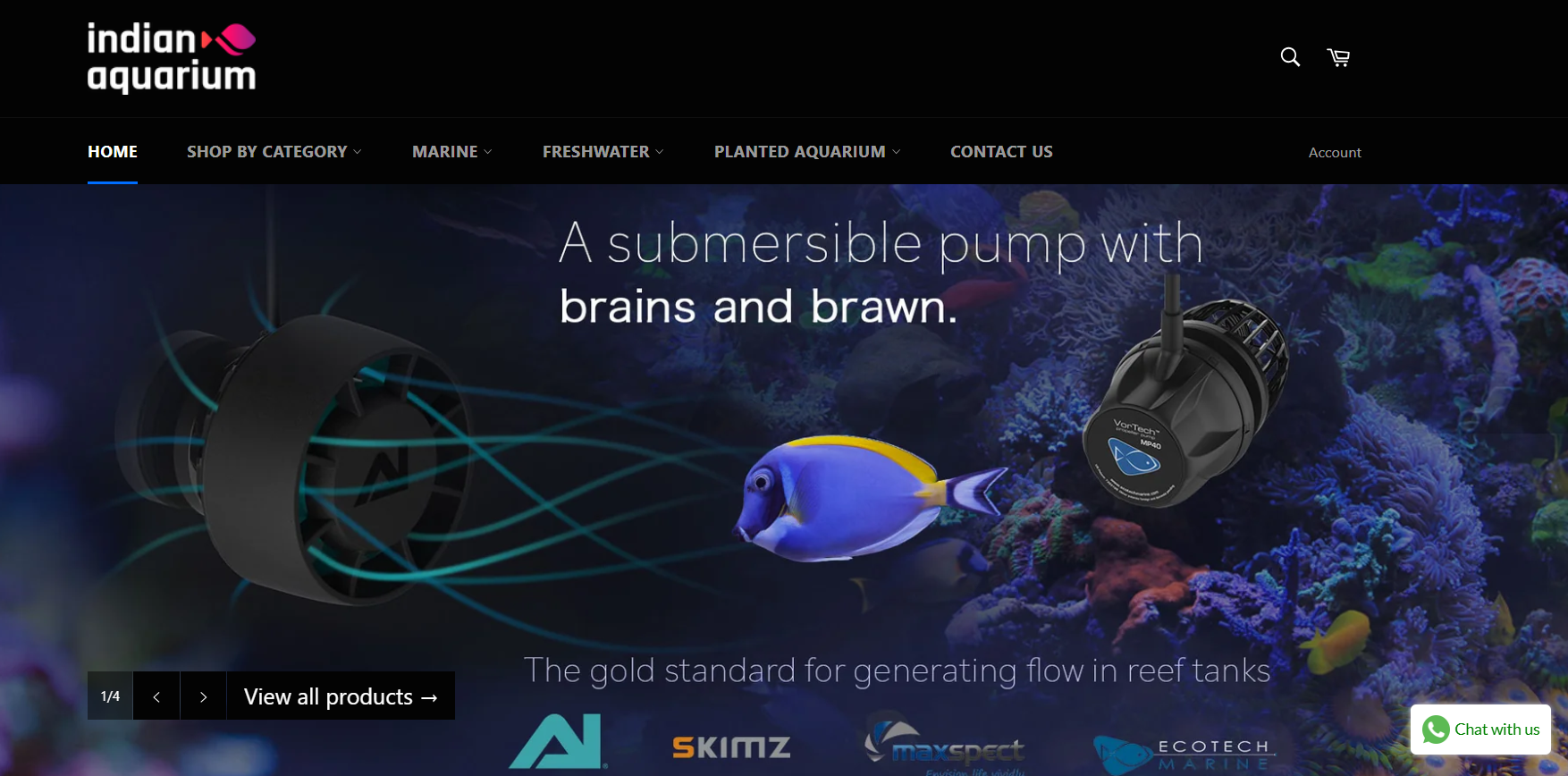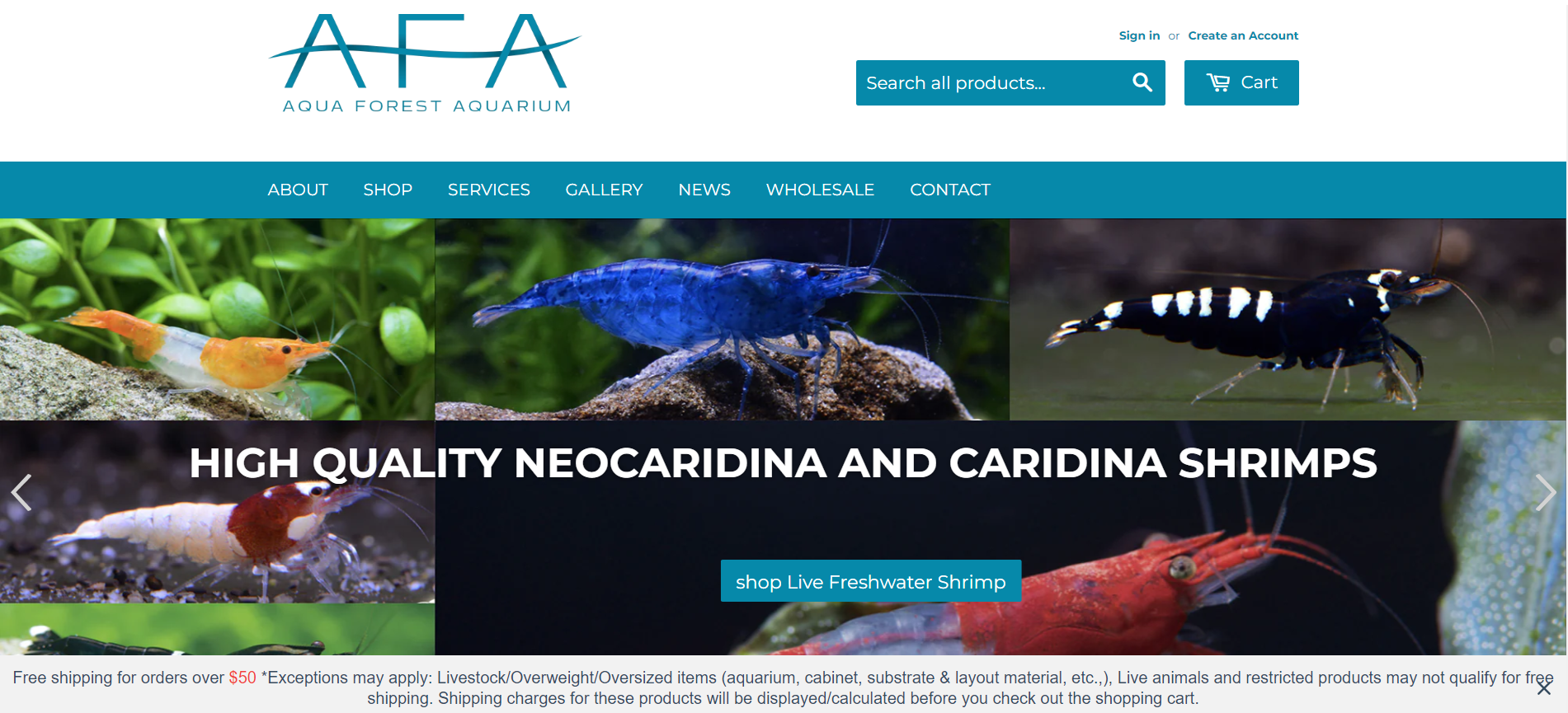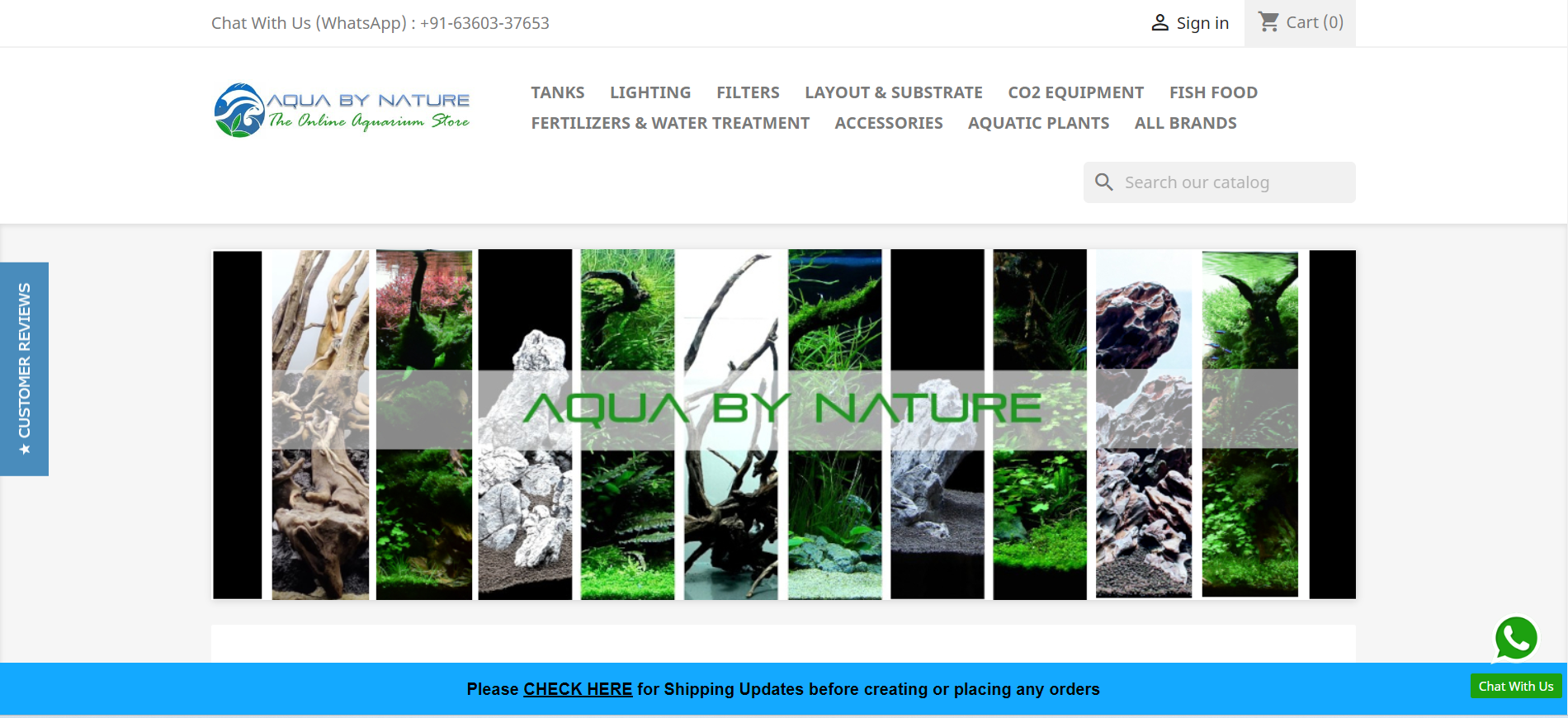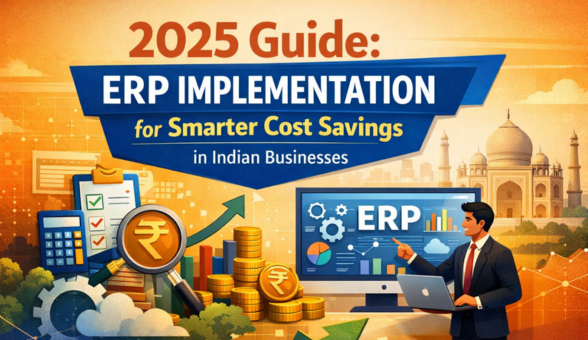Building Your Online Aquarium: Website Creation Tips and Tricks
In the digital era, the enchantment of the underwater realm has become increasingly accessible.
As per ResearchAndMarkets’ report, the Indian aquarium market is projected to expand at a Compound Annual Growth Rate (CAGR) of 14.3% from 2021 to 2026. This upward trend is fueled by urbanization, rising disposable incomes, and a burgeoning enthusiasm for aquariums as a recreational pursuit.
This digital era offers immense potential for entrepreneurs ready to dive into this lucrative market.
Whether you’re a seasoned aquarist or a passionate entrepreneur, this guide will navigate you through the essential steps to creating a successful online aquarium store, tapping into a market that continues to grow and captivate consumers worldwide.
1. Understanding the Aquarium Market
2. Market Research and Analysis
3. Key Considerations for Launching an Online Fish Store
b) Regulatory Obligations for Online Aquarium Retailers in India
5. Effective Product Listing Strategies
6. Integration of Payment Gateways
7. Customer Service and Engagement
8. Maintaining and Updating Your Website
Understanding the Aquarium Market:
The aquarium industry is as diverse as the ecosystems it represents. From freshwater sanctuaries to marine wonders, the market is teeming with opportunities.
In India alone, the demand for home aquariums has seen a remarkable increase, with a growing interest in exotic species and sustainable ecosystems.
Identifying your niche in this expanding market is crucial, whether it’s focusing on specific types of fish, plants, or complete ecosystem setups.
Market Research and Analysis:

Understanding your audience is the cornerstone of a successful business. In India, where over 500 million internet users are potential customers, knowing what appeals to them can set your store apart.
Analyzing competition from retailers such as FishSpot or IndiaAquarium reveals a tendency towards environmentally conscious and community-oriented product offerings.
Keeping abreast of the latest in aquarium technology and design is also vital to stay ahead.
Key Considerations for Launching an Online Fish Store
1. Deciding What to Sell:
Aquarium Selection: Determine whether you’ll focus on freshwater, saltwater, or specialized ecosystems like planted tanks. Each category has its enthusiasts and requires specific knowledge and products.
Aquatic Life and Accessories: Beyond tanks, your inventory should include a variety of fish, plants, and invertebrates suited to different aquarium types.
Also, stock essential accessories like filters, lights, fish foods, and decorative items. Catering to niche segments, like aquascaping enthusiasts, can also set your store apart.
2. Regulatory Obligations for Online Aquarium Retailers in India:
Obtaining Licenses and Permits: Securing essential licenses, such as a trade license, a hygiene license to guarantee food safety, and a business registration certificate, is crucial prior to launching an online fish aquarium venture in India.
Business Registration and PAN Acquisition: Registering the business and acquiring a PAN card are pivotal steps within the legal framework.
Understanding GST Implications: Comprehending the implications of Goods and Services Tax (GST) concerning business operations is essential.
Compliance with the Wildlife Protection Act: Adhering to the Wildlife Protection Act is crucial, particularly in the context of trading live animals.
Adherence to BIS Standards: Ensuring compliance with Bureau of Indian Standards (BIS) regulations for aquarium products is fundamental to maintaining quality and safety standards in stores.
3. Sourcing Your Inventory:

Local Breeders and Suppliers: Source aquatic life from reputable breeders and suppliers within India to ensure health and quality.
For example, stores like Aqua World, based in Mumbai, are known for their wide variety of healthy fish and aquatic plants sourced from trusted breeders across the country.
For equipment and accessories, partner with trusted wholesalers or manufacturers. Establishing relationships with suppliers like AquaticsIndia or AquaByNature can provide you with a steady supply of quality products and the latest in aquarium technology.
Ethical and Sustainable Practices: Ensure that your sourcing practices are ethical and sustainable, especially when it comes to living creatures.
Adhere to conservation guidelines and avoid species that are overharvested or endangered.
4. Shipping and Logistics:
Specialized Shipping: Develop a reliable shipping process that ensures the safe transit of live aquatic creatures and delicate equipment.
This might include insulated packaging, oxygenation, and fast shipping options.
Courier Partnerships: Collaborate with courier services experienced in handling live animals and fragile items. Ensure they understand and adhere to your packaging and handling requirements.
Additionally, consider partnering with logistics companies like Delhivery or Blue Dart, which have experience in handling sensitive shipments and can offer services tailored to the unique needs of live aquarium transport.
Building Your Website:

Your website is your digital storefront. Choosing a platform like Boomimart, Shopify, WooCommerce, and Magento can offer the flexibility and features needed for a successful online store.
The design should reflect the serene beauty of aquatic life, with easy navigation and mobile optimization to ensure a wide reach.
For example, websites like Aqua Forest Aquarium showcase a clean, user-friendly design that’s both inviting and informative.
Build Your Aquarium Store
Effective Product Listing Strategies:
Your products are the stars of your store. High-quality images, detailed descriptions, and easy categorization are key.
Each product should have its own page, with information on care, compatibility, and specifications.
Additionally, including essential details is paramount, especially when selling fish or aquarium equipment.
Given that aquarium products often involve substantial investments, customers seek comprehensive information before making purchasing decisions.
Stores like Live Beena Aquarium offer an excellent example of how detailed and user-friendly product listings can enhance the customer experience.
Integration of Payment Gateways:
In India’s rapidly growing digital economy, offering a variety of payment options is crucial. Integrating popular gateways like UPI, Paytm, CCavenue, Billdesk, and Razorpay alongside traditional methods ensures a smooth and secure transaction process.
The system ought to prioritize security, ease of use, and the acceptance of diverse payment methods such as credit/debit cards, net banking, and mobile wallets.
Ensuring your site’s security with SSL certificates and other measures is also vital for building customer trust.
Customer Service and Engagement:

Exceptional customer service can set your store apart in a competitive market. Efficient support systems, such as live chat and a comprehensive FAQ section, ensure customers feel valued and supported.
Encouraging feedback and reviews provides valuable insights and helps build a loyal customer base.
For example, stores like AquaByNature often feature customer testimonials and actively engage with customers through various platforms.
Maintaining and Updating Your Website:
A successful website is never static. Regular updates with fresh content, new products, and the latest information keep customers coming back.
Technical maintenance is also crucial to ensure your website is always accessible and running smoothly. Monitoring site performance and customer behavior can provide insights for continuous improvement.
Building an online aquarium store is a journey filled with opportunities and challenges.
With the right approach, a deep understanding of the market, and a commitment to quality and customer service, your store can become a thriving online destination for aquarium enthusiasts.
As the market continues to grow, staying adaptable, innovative, and customer-focused will be key to your success. Dive into the digital waters, and let your passion for aquatic life drive your entrepreneurial journey to new depths!



